States

Collective Security Treaty Organization
142 articles

14 January 2022

6 January 2022
by Thierry Meyssan

Paris (France) | 15 October 2020

7 October 2020

Bishkek (Kyrgyzstan) | 22 May 2019
Security Council Meeting of October 28th, 2016
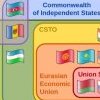
New York (USA) | 27 October 2016

Yerevan (Armenia) | 7 July 2016
by Thierry Meyssan

Damascus (Syria) | 21 September 2015

15 September 2015
by Vladimir Putin
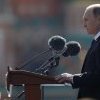
Moscow (Russia) | 9 May 2015
Russian Strategy in the Face of Anglo-American Imperialism
by Thierry Meyssan
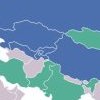
Damascus (Syria) | 13 August 2014
"Before Our Eyes"
by Thierry Meyssan
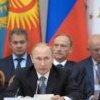
Damascus (Syria) | 7 October 2013
"Before our very eyes"
by Thierry Meyssan

29 December 2012
"Before our very eyes"
by Thierry Meyssan

Damascus (Syria) | 9 October 2012
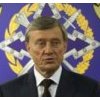
29 September 2012

